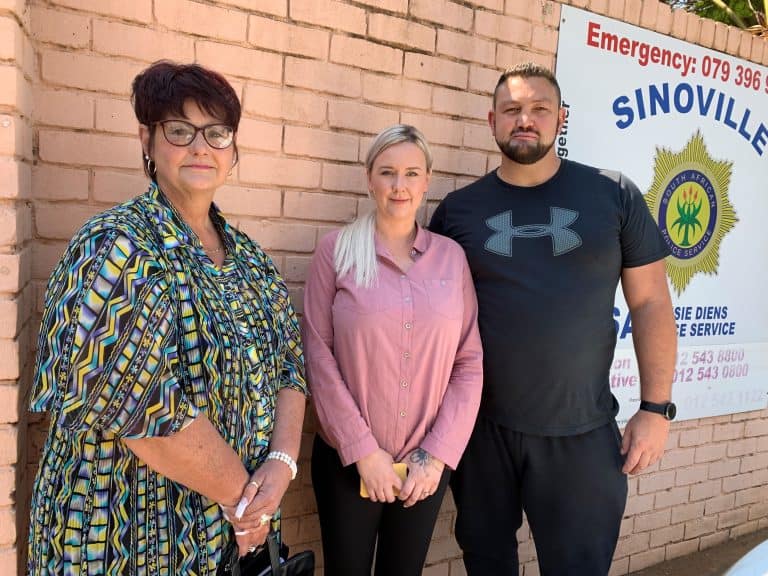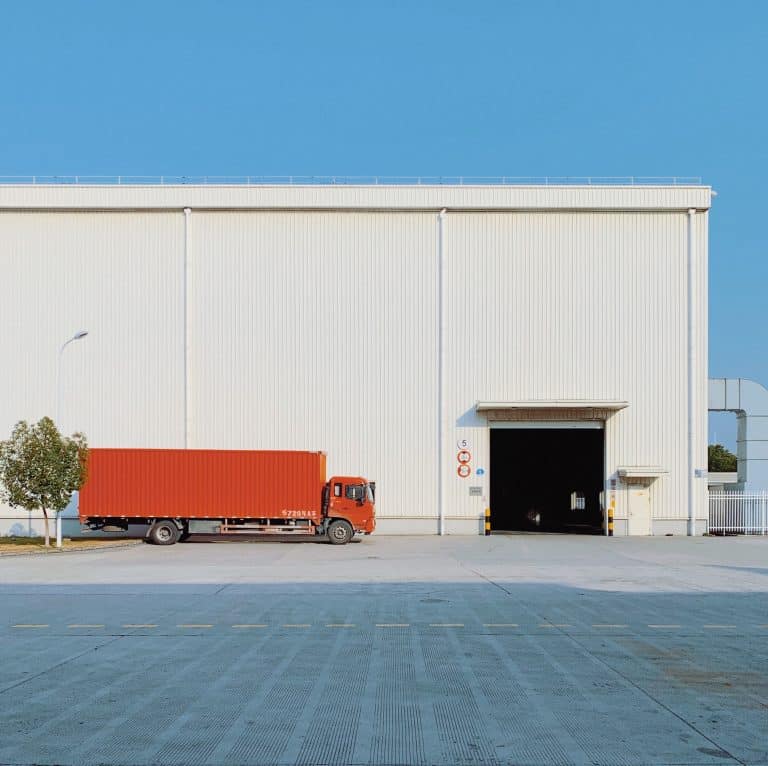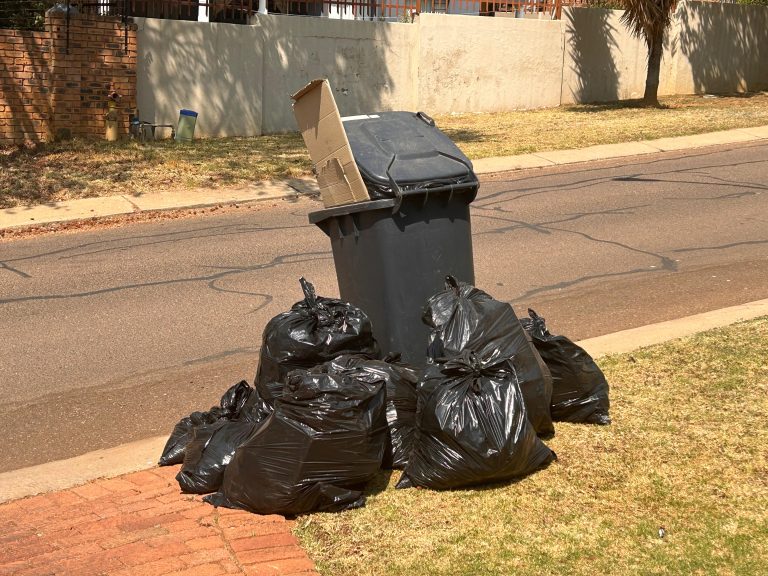Blue and Green Drop Report: Sewage plants a major source of concern
AfriForum welcomes the fact that the government has published its Blue and Green Drop Report for the first time since 2013. This report highlights municipalities’ water and sewerage problems, which AfriForum points out annually in its own blue and green drop report.
AfriForum has been forced to compile a Blue and Green Drop Report since 2013 because the Department of Water and Sanitation did not do so despite AfriForum’s annual requests.
According to the government’s blue drop results:
- 48% (566) of supply systems are in the low-risk category,
- 18% (217) of supply systems are in the medium-risk category,
- 11% (136) of supply systems are in the high-risk category, and
- 23% (267) of supply systems are in the critical-risk category.
“The report indicates that many of the Water Service Authorities do not have flow meters, which means they cannot measure the capacity of plants and therefore data are not accurate. The use of flow meters to obtain accurate data is a requirement under the Water Services Act, and the lack thereof entails great risks,” says Lambert de Klerk, AfriForum’s Manager for Environmental Affairs.
According to De Klerk, the other major concern is the lack of technical skills at many plants. Only 12% of plants have excellent technical skills, while 61% have extremely poor technical skills.
“The report clearly shows that the quality of the country’s water is declining and that the Department of Water and Sanitation and the Department of Cooperative Governance and Traditional Affairs will have to work very closely together to eliminate the water problems,” says De Klerk.
The Green Drop Report paints a very bleak picture as only 23 of 850 (2,3%) sewage plants meet the green drop standards. The pass rate for sewage works is 90%, but 334 sewage works (64%) achieved less than 31% while the average national score is 37%. The sewage works in the Free State achieved an average of 26% while the sewage works in North West achieved 30% and in Limpopo 29%.
“This is a major source of concern and the Department of Water and Sanitation will have to focus on the plants that can still be ‘saved’. The Department now has no choice but to approach the private sector and communities for help. As the Koster case indicates, the answer lies in the power of communities.
“The biggest question, however, is whether there will be any consequences for the municipalities that have been knowingly polluting the country’s water resources for years. The Department must now fight tooth and nail to prosecute the polluters criminally while trying to save some plants,” says De Klerk.
AfriForum will also continue to fulfil its monitoring role and will continue to publish an annual Blue and Green Drop Report.











